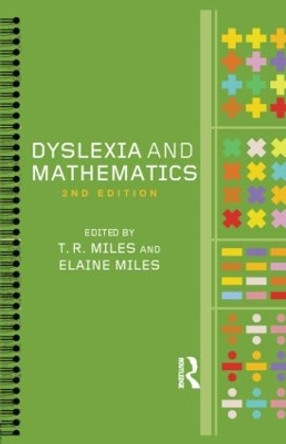This Element shows that Plato keeps a clear distinction between mathematical and metaphysical realism and the knife he uses to slice the difference is method. The philosopher's dialectical method requires that we tether the truth of hypotheses to existing metaphysical objects. The mathematician's hypothetical method, by contrast, takes hypotheses as if they were first principles, so no metaphysical account of their truth is needed. Thus, we come to Plato's methodological as-if realism: in mathematics, we treat our hypotheses as if they were first principles, and, consequently, our objects as if they existed, and we do this for the purpose of solving problems. Taking the road suggested by Plato's Republic, this Element shows that methodological commitments to mathematical objects are made in light of mathematical practice; foundational considerations; and, mathematical applicability. This title is also available as Open Access on Cambridge Core.
This Element shows that Plato was not a mathematical Platonist, and kept a clear distinction between mathematical and metaphysical realism.Reviews'... Landry's response to the Platonic call for collaboration with his text opens up the possibility of very fruitful debates.' Susanna Saracco, Metascience
Book InformationISBN 9781009313780
Author Elaine LandryFormat Paperback
Page Count 62
Imprint Cambridge University PressPublisher Cambridge University Press
Weight(grams) 150g
Dimensions(mm) 230mm * 154mm * 5mm







